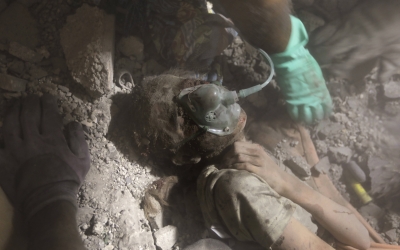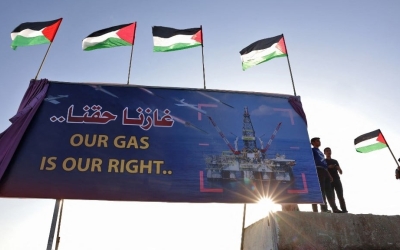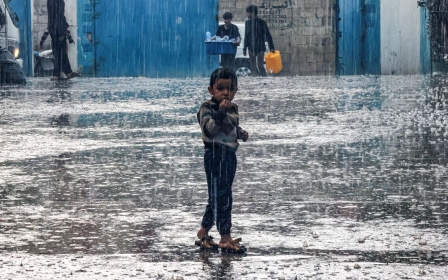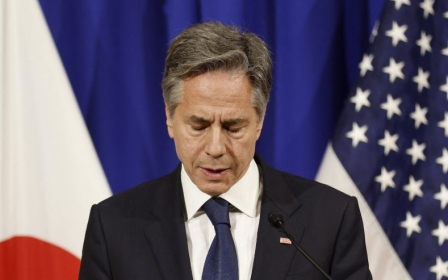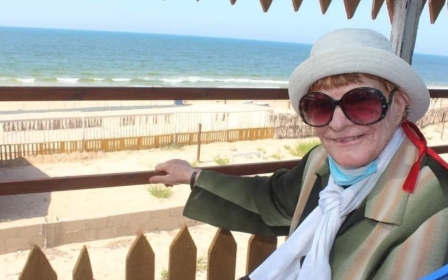Iranian press review: Iran's entry into Gaza war could backfire on Hamas, warns Zarif
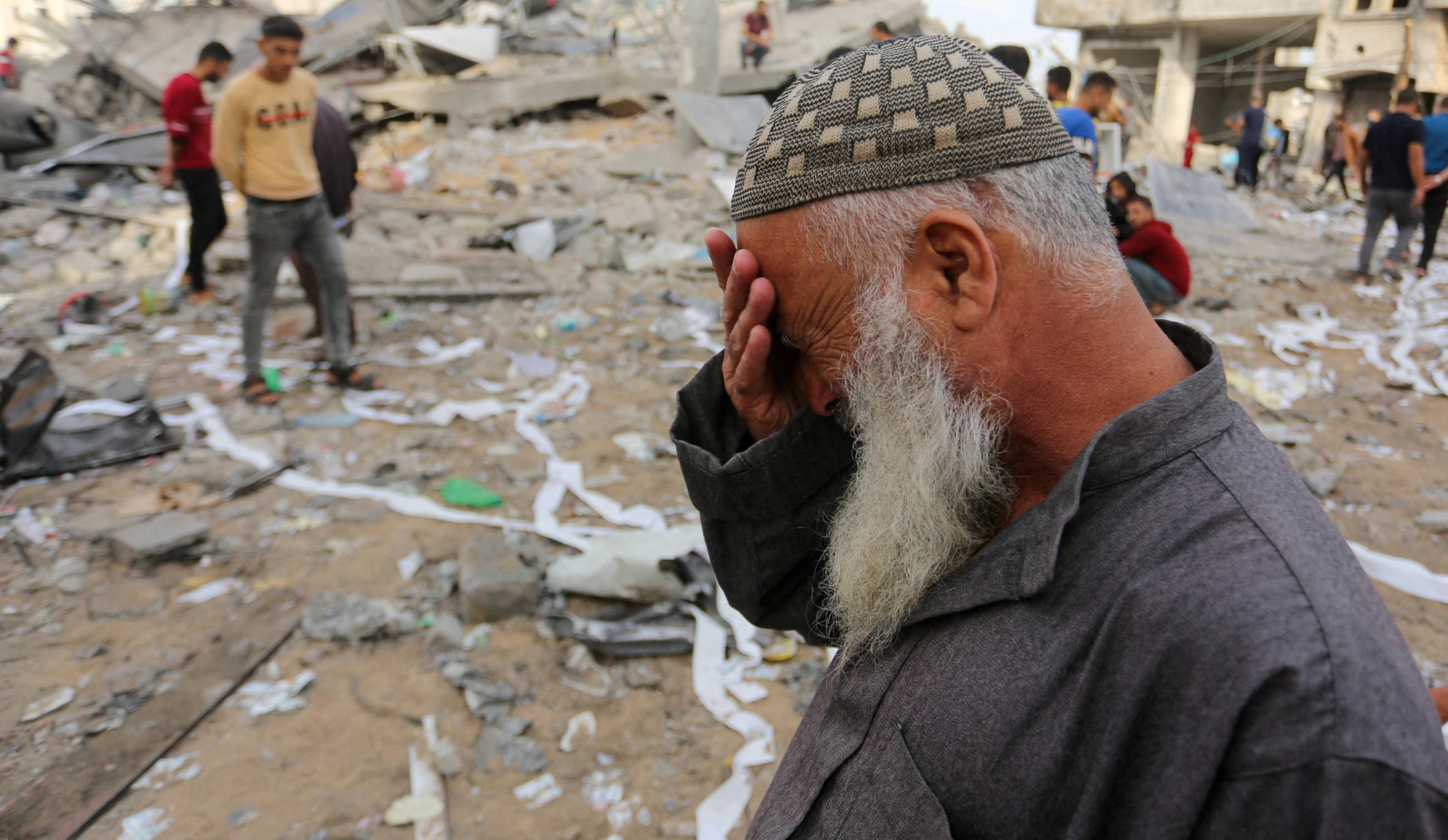
Zarif warns against direct involvement in Gaza
As principlists in Iran demand more direct engagement in the war in Gaza, moderate and reformist politicians, including former foreign minister Mohammad Javad Zarif, have warned that such a move by Iran would harm Hamas.
On Saturday, the Ham-Mihan daily held a Q&A session in which Zarif answered questions from the public, mainly about Israel's attack on Gaza and the potential entry of Iran into the war.
During the session, Zarif stressed that Iran's influence in resolving the ongoing war in Gaza has decreased dramatically, because of the regional and national policies Tehran has adopted in recent years. However, he insisted that Iran should not enter the war.
"During the 33-day war in Lebanon, we didn't enter the conflict [directly] because our entry would harm Hezbollah. Today, if we enter the war, that would harm Hamas," Zarif was quoted as saying.
He added that Tehran's participation in the civil war in Syria was not what the establishment wanted to do.
"Even in Syria, if it were not for the pressures by Russia, we wouldn't have wanted to enter the war with our official forces," he said.
Follow Middle East Eye's live coverage for the latest on the Israel-Palestine war
In another reference to Russia's international policies toward Iran as its leading military and political ally, Zarif mentioned the use of Iranian-made drones in the Ukraine war, which brought tremendous international pressure to bear on Tehran.
"Unfortunately, Russia misled Iran in Ukraine. They first took the drones, and then they, themselves, revealed the use of the drones in the war because of the estimations they had related to [the global] nuclear balance," he said without elaborating on the matter.
Uproar over election disqualifications
At the end of the first phase of vetting the candidates for the March 2024 parliamentary elections, not only were reformist and moderate candidates disqualified, but 12 incumbent legislators were also banned from entering the race.
The widespread disqualification of candidates critical of President Ebrahim Raisi's administration caused an outcry among opposition groups, specifically the reformist factions that hoped to gain more power in the next parliament.
On Saturday, Jahan-e Sanat daily, under the headline "Elections in the country of Hezbollah people", criticised the disqualifications and labelled the move a signal that the establishment has geared up to clear parliament of any critical voices.
"No matter if the disqualified candidates were reformists, moderates, or conservatives, they all shared one similar sentiment - they had criticised the government at one moment," wrote the daily, giving the example of Ahmad Alireza Beigi, a current member of parliament from the city of Tabriz, who revealed an SUV bribery case in Raisi's government in April.
Mohamad Ali Abtahi, chief of staff and parliamentary deputy of former reformist President Mohammad Khatami, also criticised the government's attempt to silence any critical voice.
"It's good that at least prominent [dissident] figures didn't register for the elections... the people and the establishment have reached the same conclusion: no need for turnout," Abtahi wrote on X.
Houthis make headlines again
After more than a year of absence from the front pages of conservative and hardline outlets, Yemen's Iran-aligned Houthi group is once again in the headlines, as Iranian principlists praised it for attacks directed towards Israel and its leaders' threats to send fighters to Gaza.
In a war that broke out in 2015 between the Houthis and the internationally recognised government in Sanaa, backed by a Saudi Arabia-led coalition, media affiliated with Iran's Islamic Revolutionary Guard Corps (IRGC) had consistently provided full coverage of the conflict. However, this changed following a ceasefire in 2022.
On Wednesday, the image of Houthi leader Abdul Malik al-Houthi reappeared on the front pages of these Farsi outlets, who portrayed him as a hero in the Islamic world.
The Resalat daily, under the headline "The braveheart of the century", published his remarks criticising Arab countries' response to the war in Gaza, which he labelled "inefficient".
The daily also highlighted comments in which he threatened that the Houthis were searching for Israeli ships in the Red Sea to target.
The Javan daily, affiliated with the IRGC, and the Jame Jam daily, which belongs to Iran's state-run broadcaster, also used the same angle to cover the Houthis' stance towards the war in Gaza.
On the same day, the Javan daily reported that Iranian-backed armed forces in Yemen were ready to be deployed in Gaza, while Jame Jam suggested that the Houthis were the fourth pillar of the "Axis of Resistance", after Palestine, Lebanon and Syria.
"Yemen, which for many years was under military attack and sanctions, has stood for Gaza and attacked the occupation regime with its drones and ballistic missiles," wrote Jame Jam, referring to the attacks aimed at Israel conducted by the Houthis since the beginning of the war in Gaza.
The daily also added that the Houthis in Yemen "made use of the experiences of the IRGC and Lebanon's Hezbollah" in mobilising and training their supporters and expanding their military capacity.
* Iranian press review is a digest of news reports not independently verified by Middle East Eye
Middle East Eye propose une couverture et une analyse indépendantes et incomparables du Moyen-Orient, de l’Afrique du Nord et d’autres régions du monde. Pour en savoir plus sur la reprise de ce contenu et les frais qui s’appliquent, veuillez remplir ce formulaire [en anglais]. Pour en savoir plus sur MEE, cliquez ici [en anglais].


